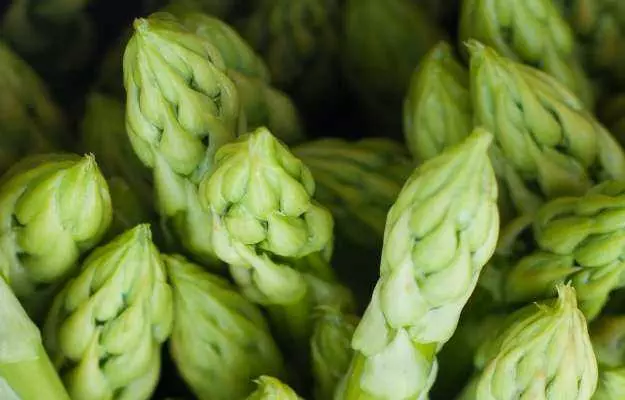What is Shatavari (Asparagus racemosus)?
The Himalayan region is showered with nature’s endless gifts. Ranging eclectically from ornamental to culinary and to exclusive healing agents, one will find the natural alternatives for almost every human need here. Shatavari is one such herb that is found growing wild in the Himalayas and at the base of the Himalayan regions. It is one of the oldest herbs in Ayurveda, which is mentioned in most ancient texts in Indian medicine. In both Charaka Samhita and Ashtanga hridayam Shatavari is famously known as a “female tonic”.In fact, it may interest you to know that the name shatavari means “ the one who has a hundred husbands”. Shatavari is known for its benefits in improving the overall health of the female reproductive system. If you think that is all, you're in for a surprise as shatavari is also known as the “curer of a hundred diseases” as per ayurveda. Additionally, the adaptogenic (anti-stress) and antioxidant properties of this herb make it very effective in alleviating most stress-related and age-related diseases. Such is the importance of this herb that ayurveda calls it the “queen of herbs”.
Some basic facts about shatavari:
- Botanical name: Asparagus racemosus
- Family: Liliaceae/ Asparagaceae
- Common name: Shatavari, Asparagus root, Indian asparagus
- Sanskrit name: Shatavari, Shatmuli/ Satamuli
- Parts used: Roots and leaves
- Native region and geographical distribution: Shatavari is native to the tropical regions of the Indian subcontinent but it also grows abundantly in the Himalayan regions of India. Shatavari is also found in parts of Sri Lanka and Nepal.
- Energetics: Cooling and moistening. In ayurveda it is known to balance the vata and pitta “doshas”.







































